BREAKTHROUGHS
HAVE YOU HAD YOUR PNEUMOCOCCAL VACCINE?
If you have coeliac disease, you might be at risk of reduced spleen function and serious infection. Research now points to the vaccine that will help.
The team at WEHI – Walter and Eliza Hall Institute of Medical Research have recently published the results of a study seeking to understand hyposplenism in coeliac disease. The study, led by Associate Professor Jason Tye-Din, was supported by Coeliac Australia’s research funding program and was the first to systematically study spleen function in Australians with coeliac disease.
Importantly, the study found that individuals with coeliac disease will be better protected against serious infection if vaccinated against pneumococcus.
While the study found that hyposplenism is relatively uncommon in those with coeliac disease, it did discover that the function of IgM Memory B Cells (our first line defense against infection) is more likely to be impaired.
This highlights the importance of pneumococcal vaccination to protect against serious infection. While included as part of the routine vaccination schedule for children, adult vaccination is now also recommended. The next step is to incorporate these recommendations into clinical practice guidelines to help reduce complications from coeliac disease.
Read the article below for more information https://www.ncbi.nlm.nih.gov/pmc/articles/PMC10891918/
READ THIS NEXT
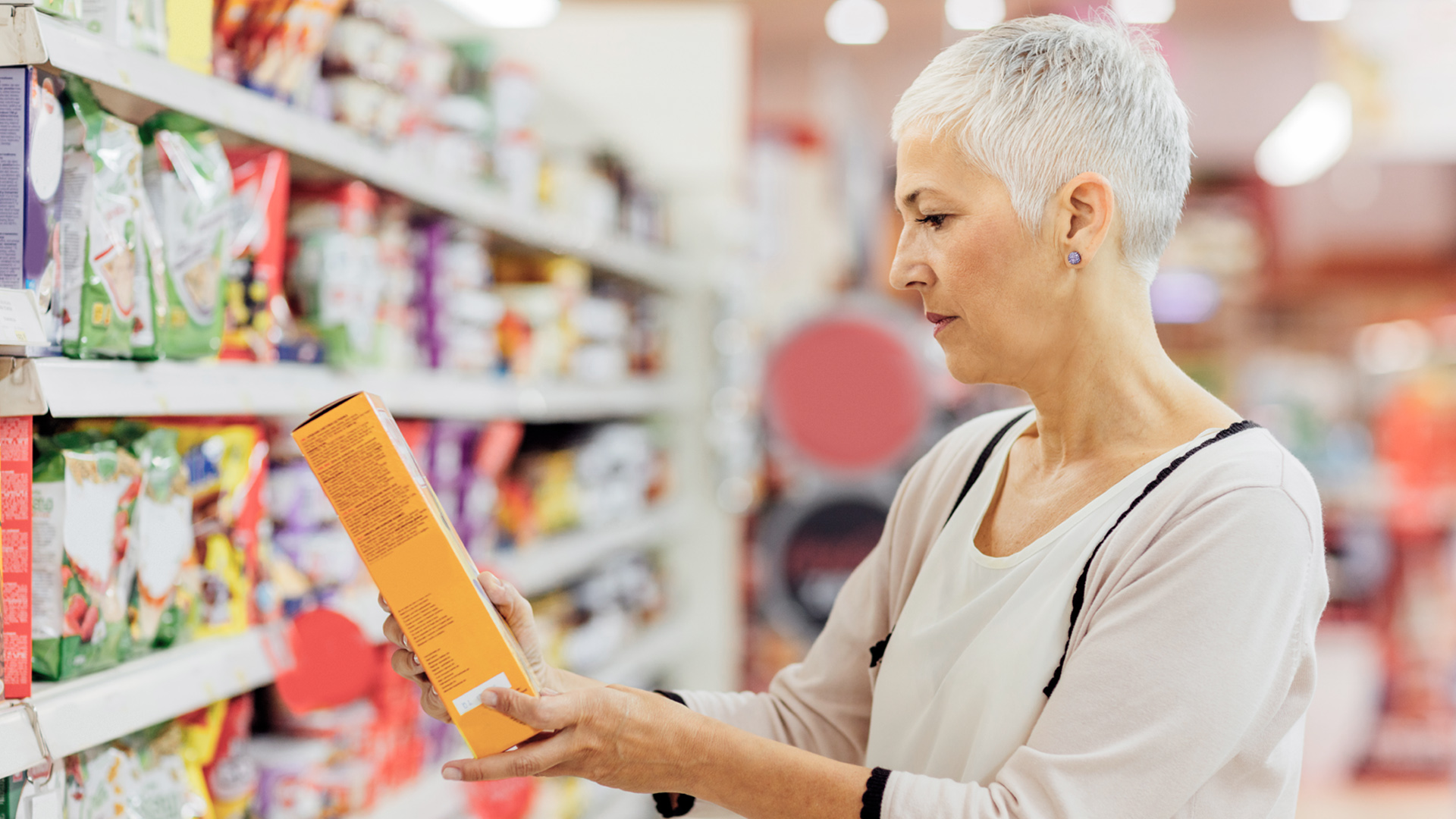
WHAT DOES ‘MAY CONTAIN GLUTEN’ MEAN?
What does ‘may contain gluten’ on a food label mean? Should you avoid these products? Here’s what you should know.
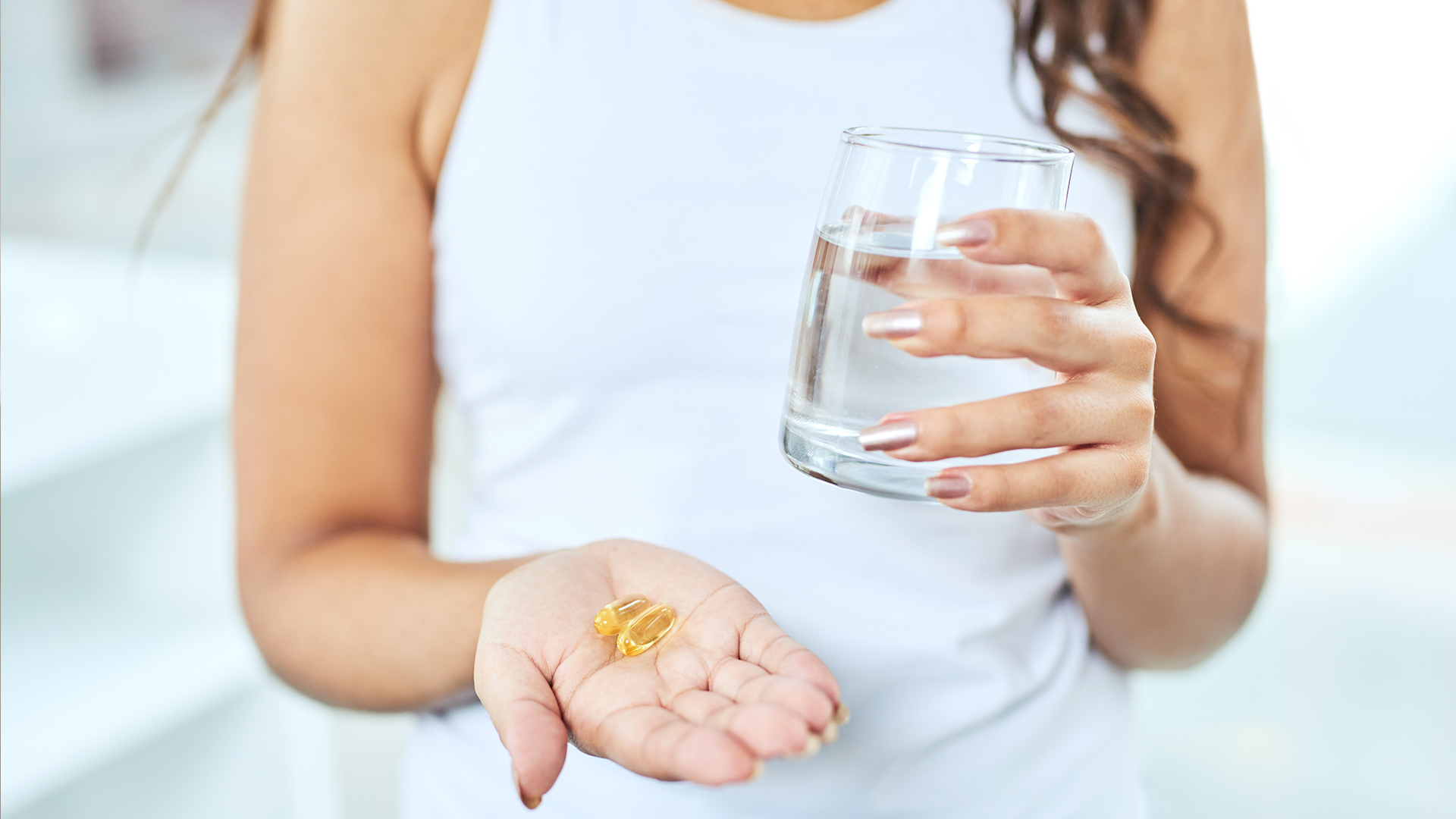
ARE MY SUPPLEMENTS GLUTEN FREE?
Can you still have your supplements if you have coeliac disease? Accredited Practising Dietitian and health expert with Coeliac Australia Penny Dellsperger shares her advice.
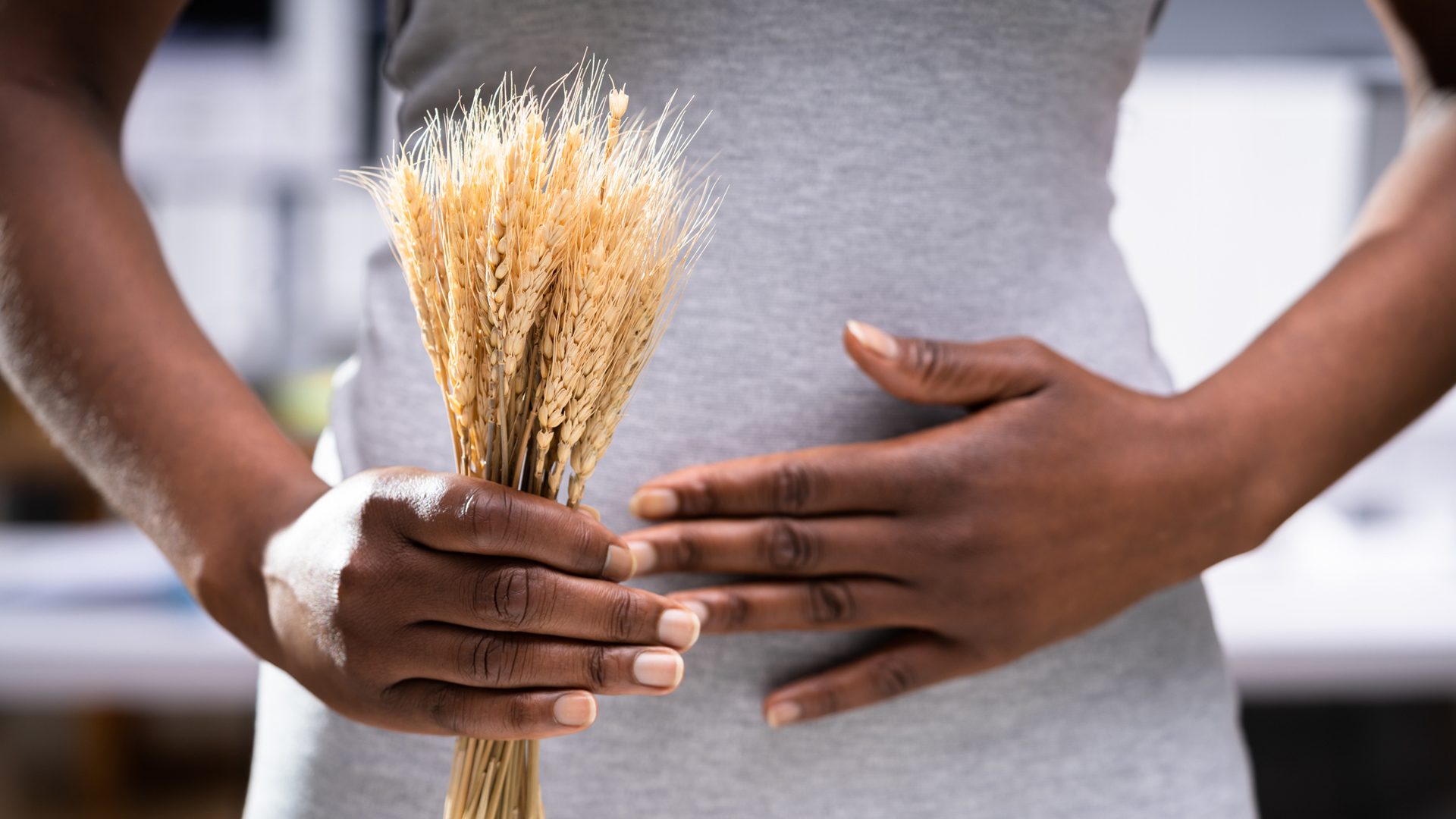
WHAT TO DO IF YOU ACCIDENTALLY EAT GLUTEN
If you have a gluten sensitivity or coeliac disease, you might know straight away after an accidental gluten intake. Here’s how to ease your symptoms.
See more









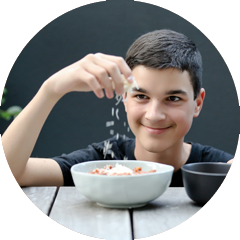




How do I get the vaccination?